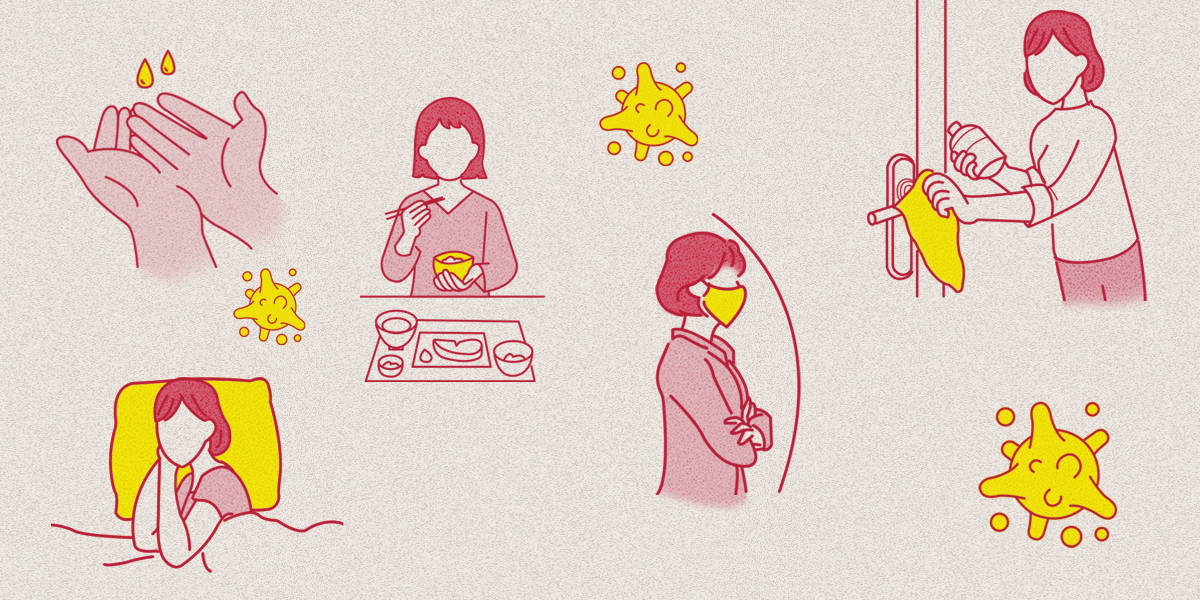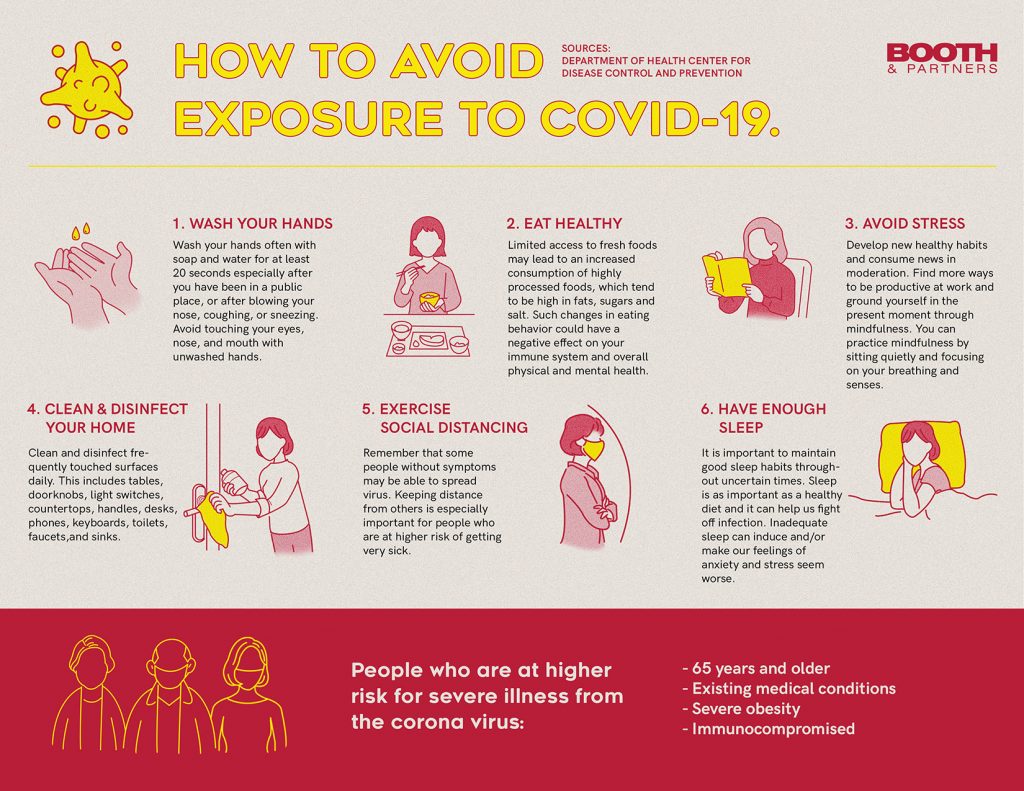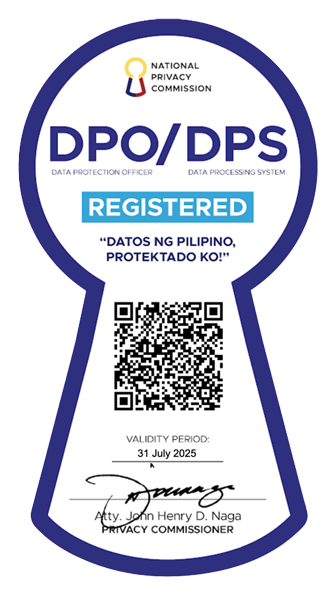How to Avoid Exposure to COVID-19


There is currently no vaccine to prevent coronavirus disease 2019 (COVID-19). The best way to prevent infection is to avoid being exposed to the virus (and avoid exposing other people). Here are recommended ways by WHO and the Department of Health on how to avoid Covid-19 Exposure.
People who are at higher risk for severe illness from the coronavirus:
- 65 years and older
- Those who live in a nursing home or a long-term care facility
- People of all ages with underlying medical conditions, particularly if not well controlled, including:
- Chronic lung disease or moderate to severe asthma
- Serious heart conditions
- Severe obesity (BMI of 40 or higher)
- Diabetes
- Chronic kidney disease undergoing dialysis
- Liver disease
- Immunocompromised
– including cancer treatment, smoking, bone marrow or organ transplantation, immune deficiencies, poorly controlled HIV or AIDS, and prolonged use of corticosteroids and other immune weakening medications
What You Should Do:
1. Clean your hands often.
Wash your hands often with soap and water for at least 20 seconds especially after you have been in a public place, or after blowing your nose, coughing, or sneezing. Avoid touching your eyes, nose, and mouth with unwashed hands.
2. Avoid close contact.
Remember that some people without symptoms may be able to spread virus. Keeping distance from others is especially important for people who are at higher risk of getting very sick.
3. Clean and disinfect your home.
Clean and disinfect frequently touched surfaces daily. This includes tables, doorknobs, light switches, countertops, handles, desks, phones, keyboards, toilets, faucets, and sinks.
4. Eat healthy.
Limited access to fresh foods may lead to an increased consumption of highly processed foods, which tend to be high in fats, sugars and salt. Such changes in eating behavior could have a negative effect on your immune system and overall physical and mental health.
5. Avoid stress.
Develop new healthy habits and consume news in moderation. Find more ways to be productive at work and ground yourself in the present moment through mindfulness. You can practice mindfulness by sitting quietly and focusing on your breathing and senses.
6. Have enough sleep.
It is important to maintain good sleep habits throughout uncertain times. Sleep is as important as a healthy diet and it can help us fight off infection. Inadequate sleep can induce and/or make our feelings of anxiety and stress seem worse.
Sources:
Department of Health
Center for Disease Control and Prevention
Discover more about outsourcing and
how you can maximize it for your
business success!
Get a copy of our E-book: Guide to Outsourcing.



